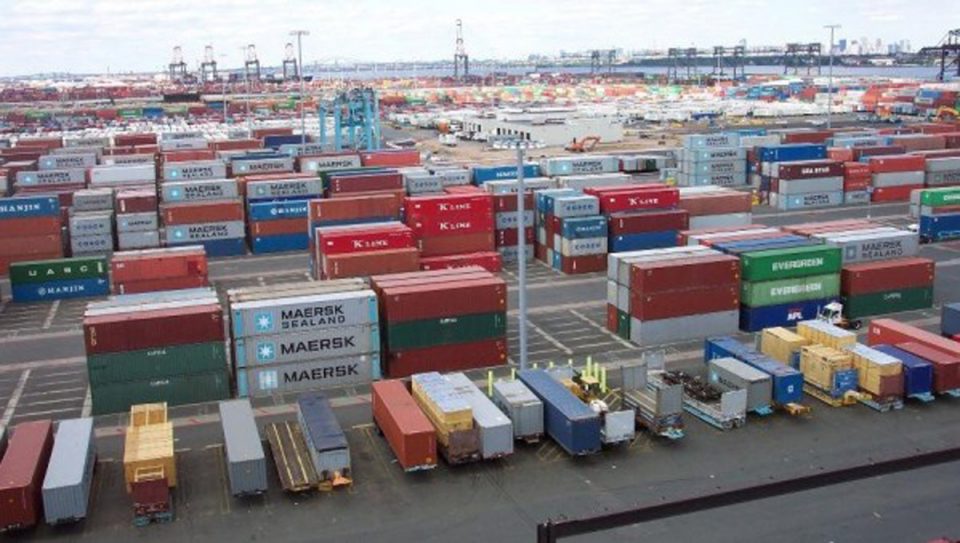Around the world, goods donated as relief materials from foreign donors to other countries to assist the vulnerables and the needy always enjoy import duty waivers. And such items are usually subjected to immediate clearance without delays in order to serve its purposes.
Most of these goods are recieved, cleared and virtually distributed by non-governmental organisations (NGOs), civil society organisations (CSOs) and faith organisations or individuals after they must have successfully applied for Import Duty Exemption Certificates (IDECs) from the Ministry of Finance. Sometimes, such relief materials may be recieved and cleared by the Ministry of Humanitarian Affairs and distribute them to the appropriate quarters on behalf of the government.
However, the relief materials known as charitable items donated by foreign donors as gifts may in turn come in different forms such as clothing, foodstuffs, medications, and assets and services. Most of these items are targeted at orphanges, disease-ravaged areas and internally displaced persons (IDPs) settlements espcially in the northern parts.
Unforfunately, this waiver is being misused and abused by some shippers who import commercial goods under the guise of charity. These unscrupulous individuals determined to economically damage Nigeria by evading duties payable on commercial goods.
For instance, in 2017, a charitable organisation applied for IDEC and it was granted for the importation of donated drugs for HIV/AIDS treatment, anti-malarial drugs and mosquito nets.
An inspection by the Nigeria Customs Service (NCS) led to the detection of 5,900 units of high-end Samsung mobile phones and screen covers valued at over N566 million concealed in the mosquito nets. Whereas, the items were not listed on the manifest, nor detailed in the IDEC application.
Following the discovery, the Ministry of Finance and the NCS amended the procedure for the issuance and extension of the IDEC in respect of relief materials. Since then, the NCS has automatically conduct 100 per cent inspection on all donations for which the IDECs have been issued.
As a result, the Ministry of Finance is not willing to give IDEC easily because there are tales of it being abused and taken advantage of by some shippers to import commercial goods in disguise of charity donations.
Some charity organisations said due to the abuse, it has become difficult to clear donated items at the ports as the process is so cumbersome. Despite waiver of tariffs provisions for charitable goods, more than 50 per cent of the items are trapped and abandoned at the ports or border stations, while about 30 per cent are allegedly sold by dubious business people who hide under charity to do business.
After several warnings by the Federal Goverment, the economy sabotuers still refused to desist from their unscrupulous act by hiding under charitable items to do business.
However, concerned Nigerians have called on goverment and lawmakers to criminalise the misuse and abuse of import duty waivers on charitable items in the country.
At a recent consultation forum on ease of shipping and clearing of charitable items in Lagos, stakeholders demanded for a comprehensive Standard Operating Procedure (SOP) for the shipment and ease of clearing humanitarian goods at Nigerian ports.
Meanwhile, the Deputy Senate President, Ovie Omo-Agege, said import waivers on charitable items have been misused and abused not just by businessmen, but also by some NGOs and CSOs.
According to him, it was evident that these anomalies do not only affect Nigeria but also some of her neighbours whose consignments come through Nigerian ports.
“The result is that often, charitable items get entangled in high demurrage sometimes caused by delays in clearing due to denial of import duty waivers by relevant government ministries/agencies, late application of necessary documents by non-profit organisations, among others. These often cause undue loss of items and financial losses.”
“For the sector of concern today, namely the shipping industry, we have had perennial cabotage problems, especially at the upstream point; that is clearing and forwarding of shipped items. The latter has always been fraught with problems of correctly classifying items for the purposes of waivers, rebates, exemptions and other privileges.”
However, he said all stakeholders including civil society organizations, other not-for-profit organizations, in concert with the government, must comply with necessary application processes and ensure charitable items are not used for commercial purposes, saying rather they should always get to the targeted beneficiaries.
Conversely, Chairman Senate Committee on Health and Deputy Chairman Senate Committee Diaspora and non-governmental organisations, Ibrahim Yahaya Oloriegbe, said non-state actors both local and international organisations should collaborate to resolve the crisis and issues within the sector, so that charitable items could be cleared to point of destination without delays.
The Executive Secretary of Nigerian Shippers’ Council, Hassan Bello, said that there was need to deliberate on how to transmit charitable items to their final consumers without difficulties.
He, however, charged the National Assembly to make laws and regulations in that regards.
“We have to come together to deliberate on the transmitting of these cargoes either here in Nigeria or even across our borders because we are under certain obligations. I remember two years back, Niger Republic was given some cargo and NSC was to help the exit but we faced some challenges,” he said.
Also, the ministry of Finance pointed out the need for importers of these items to comply with required conditions which include; provisions of cooperation agreement, letter of donation, evidence of registration with Corporate Affairs Commission (CAC), packing list, and bill of laden, which must be revalidated yearly as stipulated in the law.




